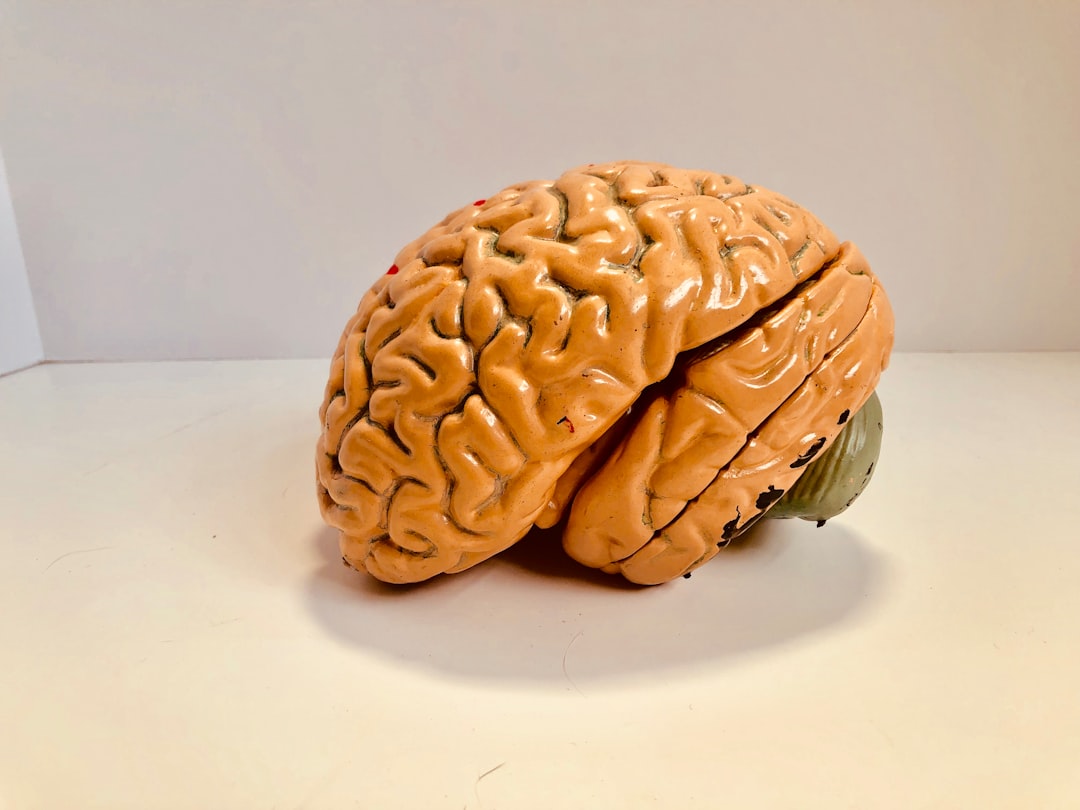What is it about?
Ketamine is a medical drug often used for anesthesia, but it has recently attracted interest for its potential to treat mood disorders, such as depression and post-traumatic stress disorder (PTSD). However, our research suggests that its effects are not so straightforward, and the drug's impact can vary based on circumstances and dosage. We conducted a study using mice that were socially isolated and subjected to stress, modeling the kind of early life stress that can lead to mood disorders in humans. These mice were given ketamine before experiencing a sudden, stressful event. After a week, we observed the mice's behaviors, checking for signs of socialization, aggression, and symptoms related to mood disorders like depression or anxiety. We found that the ketamine increased aggression in these mice, but didn't significantly change other behaviors or emotions. This suggests that, under stressful conditions, ketamine might target specific areas of the brain related to aggression, separate from those involved in other social or emotional behaviors. These findings underline the importance of careful use of ketamine in treating mood disorders, especially when early life stress is a factor. While ketamine holds potential for treating certain conditions, it could also inadvertently increase aggressive behavior. This study prompts us to exercise caution and conduct further research to fully understand the effects of ketamine.
Featured Image

Photo by Fernando @cferdophotography on Unsplash
Why is it important?
This research uniquely investigates ketamine's role in aggression using a specific model of early life stress in mice, offering novel insights into the drug's interaction with brain circuits. The study is timely given the rising interest in ketamine as a treatment for mood disorders, underlining the need for careful therapeutic application considering potential side effects like increased aggression, especially in those who've experienced early life stress.
Read the Original
This page is a summary of: A single dose of ketamine enhances early life stress-induced aggression with no effect on fear memory, anxiety-like behavior, or depression-like behavior in mice., Behavioral Neuroscience, June 2023, American Psychological Association (APA),
DOI: 10.1037/bne0000560.
You can read the full text:
Contributors
The following have contributed to this page










